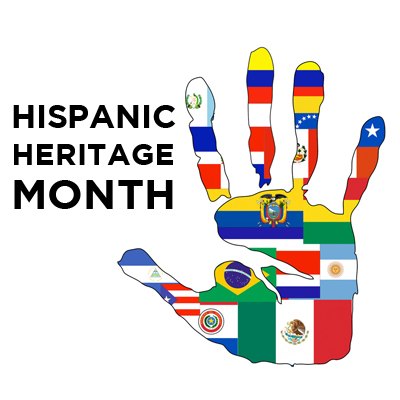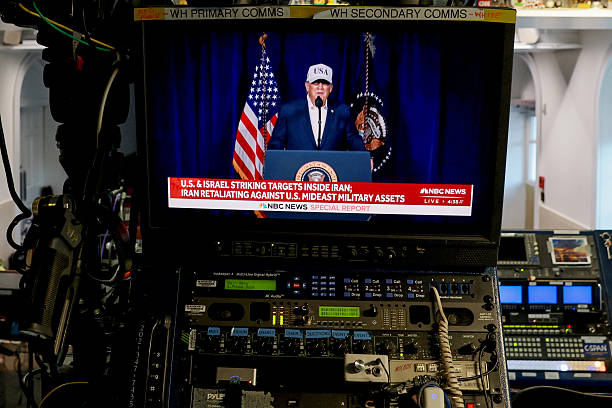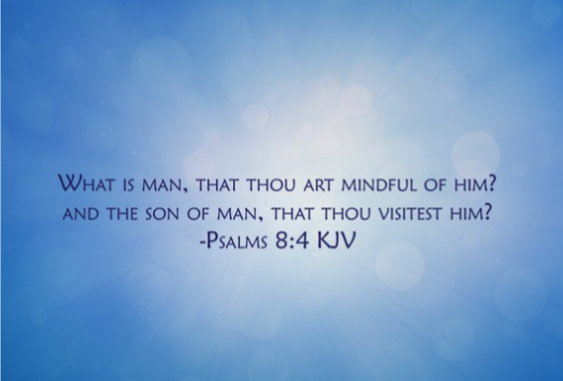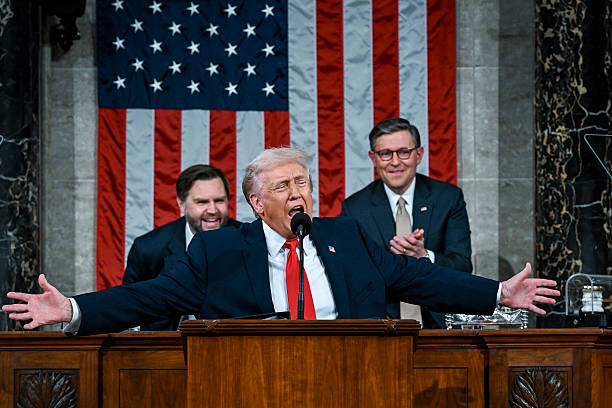(ThyBlackMan.com) From September 15th to October 15th is National Hispanic American Heritage Month. It “traditionally honors the cultures and contributions of both Hispanic and Latino Americans as we celebrate heritage rooted in all Latin American countries”. Many times the terms “hispanic” is seen as synonymous with the term “latinx” in describing people with Latin American or Spanish ancestry or background. There are many people that comprise both terms and important group to highlight from based on those terms are “Afro-Latinx” Americans. The intersectional identity “Afro-Latina” or “Afro-Latino” is a bit tricky to navigate but also serves a reminder of the importance of clarifying the confusion between race and ethnicity. There are a number of Afro-Latinx athletes of the past and present that should be highlighted.
It is worth mentioning that the terms “Afro-Latinx”, “Afro-Latino”, or “Afro-Latina” are not recognized in the Merriam Webster Dictionary. This is probably because many people interchange race with ethnicity and Afro-Latinx people often have to self-identify. A 2016 Pew Research Center survey of Latino adults showed that one-quarter of all U.S. Latinos self-identify as Afro-Latino, Afro-Caribbean or of African descent with roots in Latin America. There are athletes in the world of sports that many people might not recognize as “Afro-Latinx” that have done impressive careers in athletics. It could be said that Puerto Rican-born Roberto Clemente is one of the most famous Afro-Latinx athletes of all time due to his abilities and his humanitarianism but there are also several greats born in within the 50 U.S. states.

One of the more interesting personalities of the NBA’s return of the 2019-20 season inside the Orlando “bubble” is Portland’s Carmelo Anthony. The future Hall of Famer has had a difficult time staying with one team as his career continues in the NBA. But Anthony has become one of the more prominent NBA athletes relating to social justice in recent years but few sports fans may not make the connection of Anthony’s Latin heritage given how spoken he has advocated against police brutality, which has become viewed within more Black victims even though there is also are also police issues against Latinx people historically. Anthony’s dad, Carmelo Iriarte, who died when Melo was only 2, was a member of the Young Lords, the Puerto Rican group of the 1960s and ’70s that pushed for social justice and might even some of Carmelo’s growth in speaking out.
Two former NFL stars with Afro-Latinx roots are former wide receiver Victor Cruz and former running back Arian Foster. Cruz’s famous salsa touchdown dance was a nod to his late Puerto Rican grandmother and he is raising his daughter to be proud of being Afro-Latinx. Foster was outspoken as a NFL player on a variety of things and is the son of an African-American father and a Mexican-American mother. When he was playing, Foster was quoted in an ESPN.com interview about his childhood, “I remember having an identity crisis and always swaying back and forth on what crowd should I be a part of because most of my friends were Mexican. I’ve gotten called a n—– so many times, I mean I had so many fights in middle school and in elementary just because of that.
I didn’t handle every situation the way I should have growing up, but I think that we should be more open about race in this country. I never talked about it in school.” Of course, Afro-Latina sports figures include gymnast Sophina DeJesus, whose father was born in Puerto Rico and mother is African-American, and NFL Network host MJ Acosta, who has made history in hosting a TV show for the network. Both women embrace being Afro-Latina and making waves in the sports industry.
Staff Writer; Mark Hines

















Leave a Reply